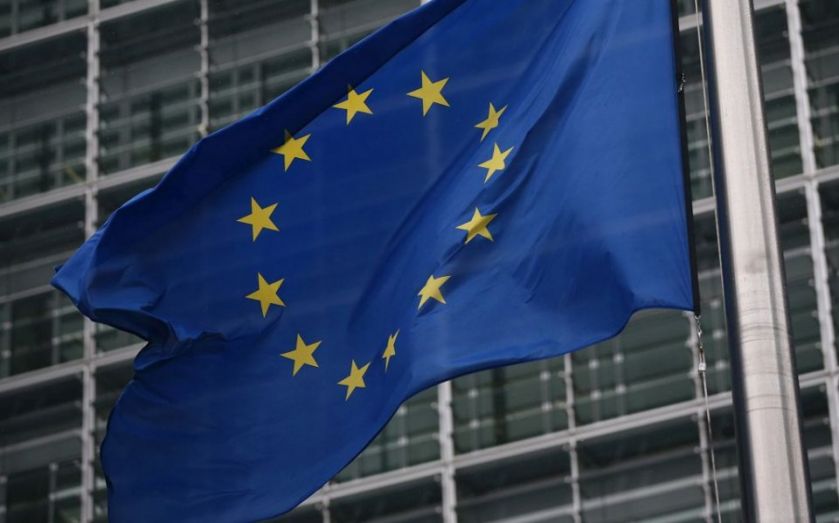EU referendum vote: There’s nothing unpatriotic about wanting to remain in the European Union

Britain faces its most important choice in a generation in the coming referendum on whether the country should remain in the EU. It is vital that campaigners, on both sides, base their case on facts and sober arguments. Which is why it was frustrating to read the anti-EU tirade yesterday of Alex Story, director of the Business for Britain group.
Story’s case, it seemed, was based on three points: that the EU is stifling our economy, that it will drag us into political union, and that those who want us to stay in are talking Britain down. As the chairman of Business for New Europe, I must take issue with each of these points.
While Europe has had economic problems in recent years, it remains our most important economic partner. Almost half our exports are sold to Europe, and over the last decade a full £26.5bn a year has been invested in Britain from Europe. The CBI estimates the value of our exports to Europe to be £3,000 a year per household – almost ten times the £340 annual contribution each household makes to the EU budget. And EU trade deals with over 50 countries allow our businesses to crack open new markets around the world. Being in the EU makes our economy and our businesses stronger.
Story compared being in the EU to “a contract that can be forever amended by the provider without our knowledge and against our interest”. This is simply untrue. Any fundamental change to the EU’s structures – as Leavers themselves acknowledge – requires alteration of the treaties, and this requires the consent of every single member state. It is through this that successive British governments have used their influence to get us the best of both worlds – in the EU, but not part of the single currency or the Schengen borderless zone.
The government is quietly using its influence, by building alliances with our partners, to make the EU work better for British business. Completing the Single Market could be worth £21.3bn to this country by 2030, and Brussels is working rapidly to make that happen. Our commissioner, Jonathan Hill, is in charge of creating a capital markets union, which will further strengthen the City’s position as Europe’s financial capital. And free trade deals have been agreed with Canada and Vietnam.
According to Story, just making this argument amounts to “belittling” Britain. That is the precise opposite of the case those who want us to stay in are making. We are about Britain, and what is best for Britain. And in the modern world – a world of international business, international terrorism, international opportunities and international threats – being in the EU makes us stronger than we would be on our own.
As part of a bloc of 500m consumers, we can agree trade deals that are better for British business. As part of the world’s largest market, we can shape global regulatory standards to benefit our companies and consumers. And in an organisation with our close allies, we can co-operate to keep our citizens safe and boost our standing in the world.
The argument for remaining in the EU has nothing to do with belittling Britain, and everything to do with wanting the best for Britain. And it is based on the facts. Our economy is better off in the EU, through the ease of trade and the investment that comes of being in. Our country is stronger in the EU, as our international influence is boosted by being in a larger bloc. And our people are safer in the EU, as we co-operate with our allies over crime and terrorism. The argument for remaining in the EU is patriotic, passionate, and positive.